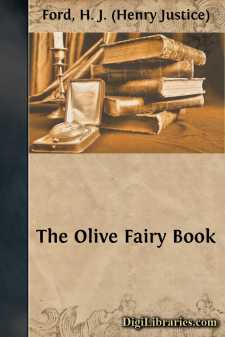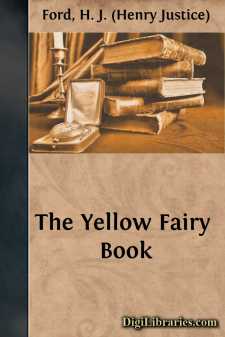Categories
- Antiques & Collectibles 13
- Architecture 36
- Art 48
- Bibles 22
- Biography & Autobiography 813
- Body, Mind & Spirit 142
- Business & Economics 28
- Children's Books 17
- Children's Fiction 14
- Computers 4
- Cooking 94
- Crafts & Hobbies 4
- Drama 346
- Education 46
- Family & Relationships 57
- Fiction 11829
- Games 19
- Gardening 17
- Health & Fitness 34
- History 1377
- House & Home 1
- Humor 147
- Juvenile Fiction 1873
- Juvenile Nonfiction 202
- Language Arts & Disciplines 88
- Law 16
- Literary Collections 686
- Literary Criticism 179
- Mathematics 13
- Medical 41
- Music 40
- Nature 179
- Non-Classifiable 1768
- Performing Arts 7
- Periodicals 1453
- Philosophy 64
- Photography 2
- Poetry 896
- Political Science 203
- Psychology 42
- Reference 154
- Religion 513
- Science 126
- Self-Help 84
- Social Science 81
- Sports & Recreation 34
- Study Aids 3
- Technology & Engineering 59
- Transportation 23
- Travel 463
- True Crime 29
H. J. (Henry Justice) Ford
Henry Justice Ford (1860-1941) was an English illustrator, primarily known for his work on Andrew Lang's Fairy Books, where his intricate and imaginative drawings brought classic fairy tales to life. A graduate of Clare College, Cambridge, Ford's illustrations were characterized by their detailed, whimsical style, which became iconic in the late 19th and early 20th centuries. In addition to his contributions to children's literature, he also illustrated works for authors like Rudyard Kipling and Robert Louis Stevenson, cementing his legacy as a significant figure in the world of book illustration.
Author's Books:
Sort by:
PREFACE The stories in this Fairy Book come from all quarters of the world. For example, the adventures of ‘Ball-Carrier and the Bad One’ are told by Red Indian grandmothers to Red Indian children who never go to school, nor see pen and ink. ‘The Bunyip’ is known to even more uneducated little ones, running about with no clothes at all in the bush, in Australia. You may see photographs of these...
more...
DONKEY SKIN There was once upon a time a king who was so much beloved by his subjects that he thought himself the happiest monarch in the whole world, and he had everything his heart could desire. His palace was filled with the rarest of curiosities, and his garden with the sweetest flowers, while the marble stalls of his stables stood a row of milk-white Arabs, with big brown eyes. Strangers who had...
more...
PREFACE 'What cases are you engaged in at present?' 'Are you stopping many teeth just now?' 'What people have you converted lately?' Do ladies put these questions to the men—lawyers, dentists, clergymen, and so forth—who happen to sit next them at dinner parties? I do not know whether ladies thus indicate their interest in the occupations of their casual neighbours at...
more...
PREFACE Many years ago my friend and publisher, Mr. Charles Longman, presented me with Le Cabinet des Fées (‘The Fairy Cabinet’). This work almost requires a swinging bookcase for its accommodation, like the Encyclopædia Britannica, and in a revolving bookcase I bestowed the volumes. Circumstances of an intimately domestic character, ‘not wholly unconnected,’ as Mr. Micawber might have said,...
more...
I once read a book about a poor little lonely boy in a great house with a large library. This boy was pale, dull, and moping. Nobody knew what was the matter with him. But somebody tracked him into the library and saw him take a huge thick black book, half as tall as himself, out of a bookcase, and sit down and read it. The name of the book was Polexander. So he sat and sobbed over Polexander, because...
more...
'They were men whose fathers were men'TO make it clear how Major Wilson and his companions came to die on the banks of the Shangani on December 4, 1893, it will be necessary, very briefly, to sketch the events which led to the war between the English settlers in Mashonaland in South Africa and the Matabele tribe, an offshoot of the Zulu race.In October 1889, at the instance of Mr. Cecil...
more...
PREFACE The Editor thinks that children will readily forgive him for publishing another Fairy Book. We have had the Blue, the Red, the Green, and here is the Yellow. If children are pleased, and they are so kind as to say that they are pleased, the Editor does not care very much for what other people may say. Now, there is one gentleman who seems to think that it is not quite right to print so many...
more...








